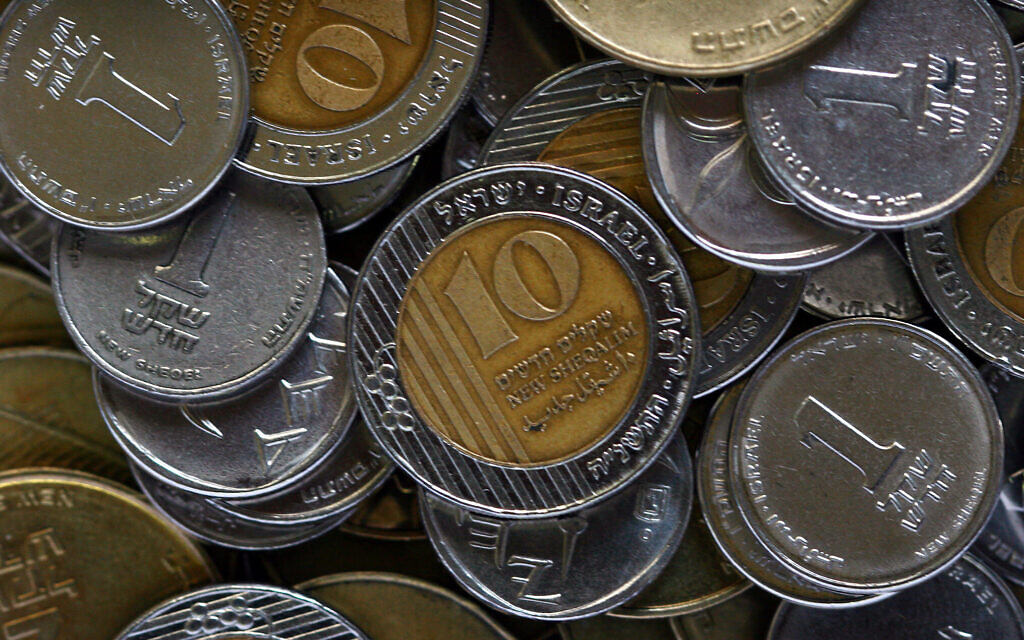The Bank of Israel announced on Monday that it plans to sell up to $30 billion in foreign exchange to protect the shekel from collapse after the country formally declared a state of war following a devastating surprise assault by Hamas terrorists over the weekend.
The central bank stated that it will “operate in the market during the coming period in order to moderate volatility in the shekel exchange rate and to provide the necessary liquidity for the continued proper functioning of the markets.”
Despite the Bank of Israel’s announcement, the shekel weakened more than 2 percent to around 3.92 to the dollar in Monday morning trading as Israeli forces continued fighting Hamas terrorists in towns near the Gaza border. The death toll was above 700, with over 2,000 wounded.
On Friday, the Bank of Israel representative rate was set at NIS 3.8630/$.
In addition to the $30 billion program, the Bank of Israel said it would provide dollar liquidity to the market through SWAP mechanisms of as much as $15 billion. SWAP mechanisms are a form of future contracts through which two parties exchange the cash flows or liabilities from two different financial instruments.
“The Bank of Israel will continue monitoring developments, tracking all the markets, and acting with the tools available to it as necessary,” the central bank said in the statement.
The Bank of Israel last intervened in 2021, when it bought billions of dollars to stem the appreciation of the shekel. Now the Bank of Israel is planning to sell dollars in the open market to maintain stability and functioning in the financial market.
“This a plan and it doesn’t mean that the central bank will use the full amount of the program,” IBI Investment House Ltd. chief economist Rafi Gozlan told The Times of Israel.
“If previously the central bank intervened in the market to stem appreciation of the shekel and stabilize the exchange rate, the current program was announced to supply dollar liquidity to local institutional investors and lenders, should it be necessary,” Gozlan said.
“We are going to see a weaker shekel due to the war situation and the central bank program is intended to prevent high volatility of the shekel exchange rate and support the functioning of the financial market,” said Gozlan.
The move comes with the shekel already losing ground, weakening almost 10% since the start of the year amid uncertainty over the judicial overhaul and fears of a constitutional crisis.
Last week, the local currency traded close to a seven-year low against the greenback, raising the odds of interference in the foreign exchange market by the Bank of Israel to stabilize the shekel. But until now, the central bank has been opposed to interfering in the market through the sale of dollars, despite sitting on huge foreign currency reserves.
The depreciation of the shekel in recent months has also been contributing to an increase in the pace of inflation, as a weaker currency is making imports of goods more expensive.





